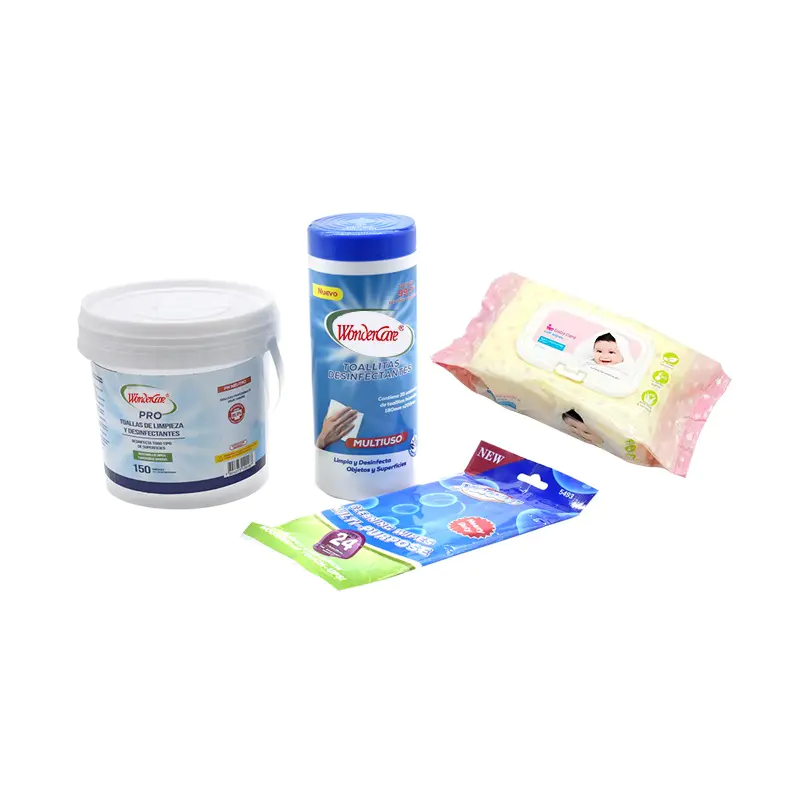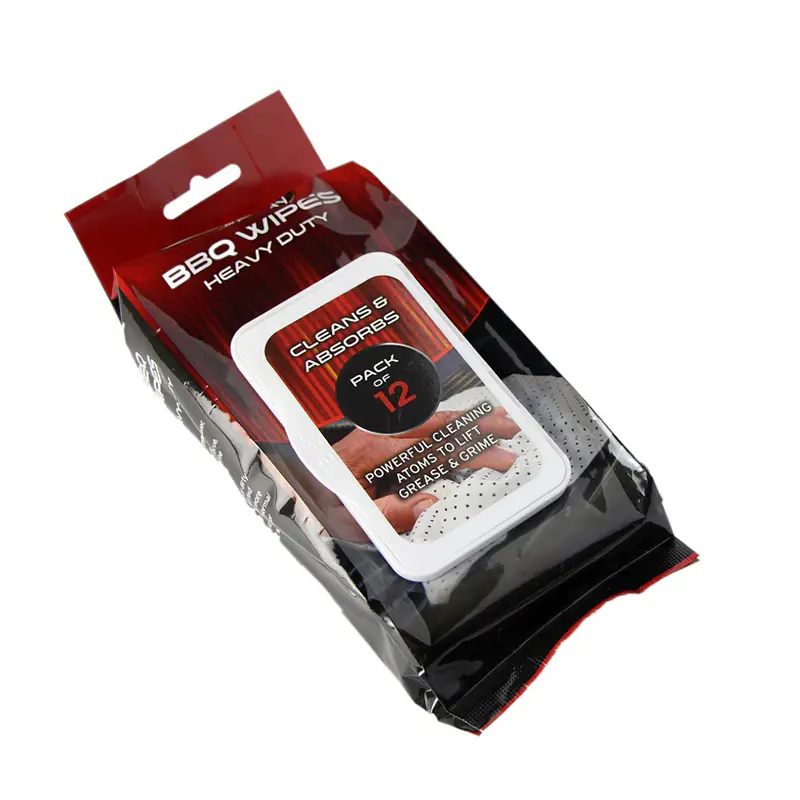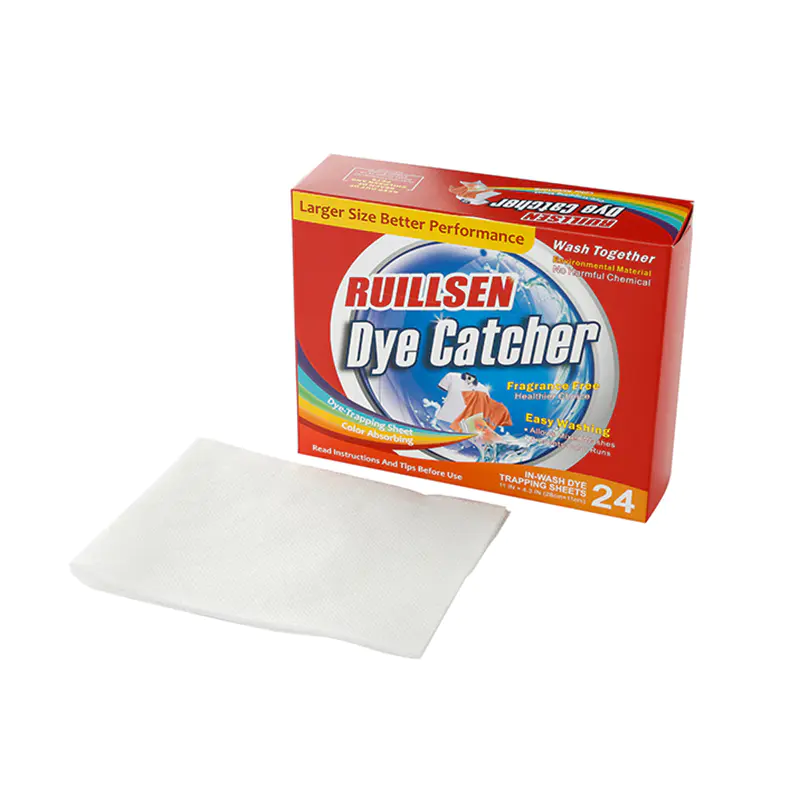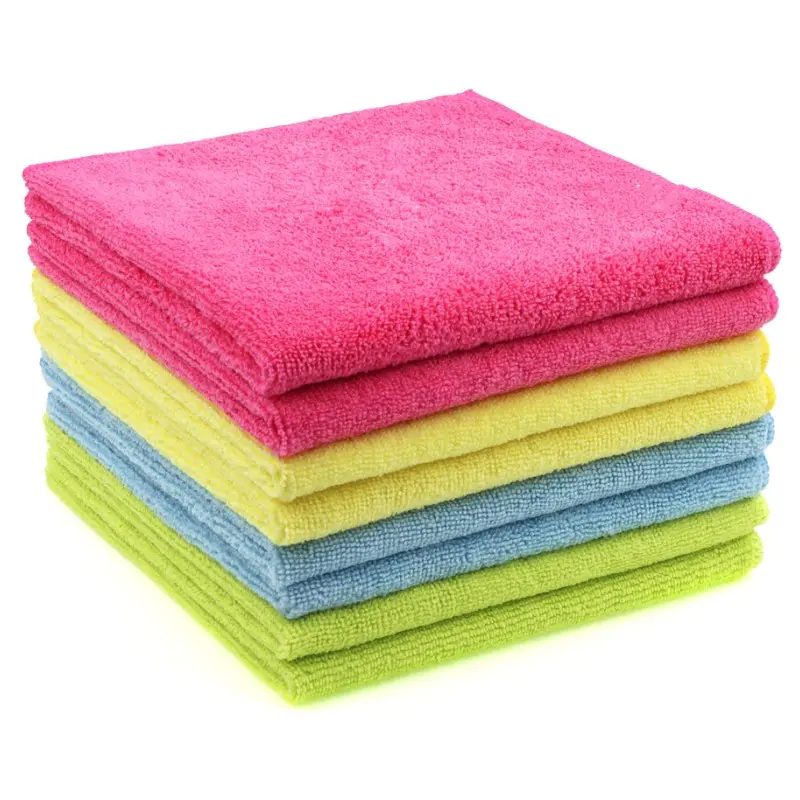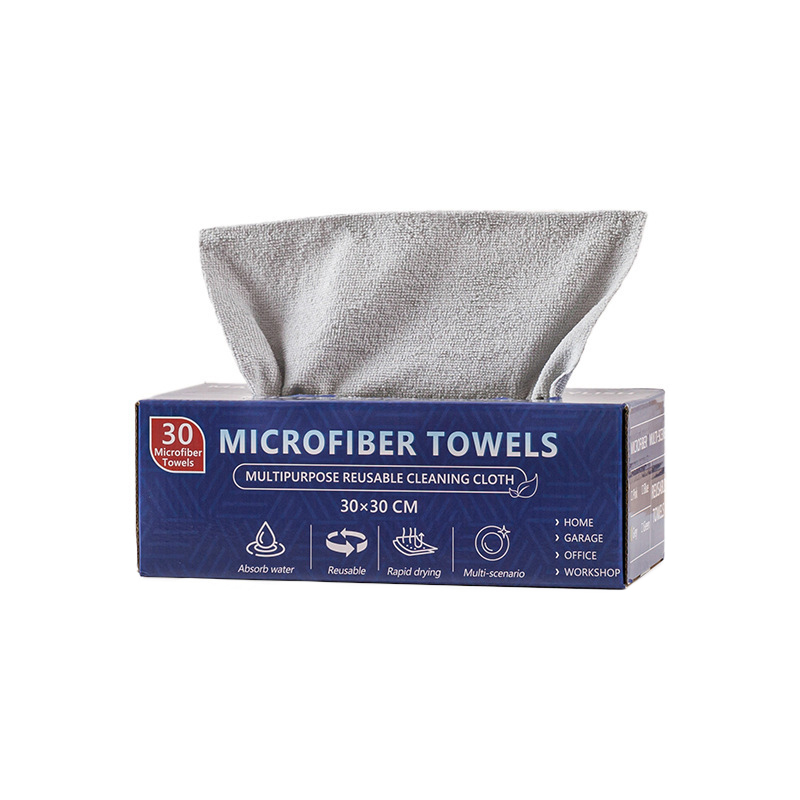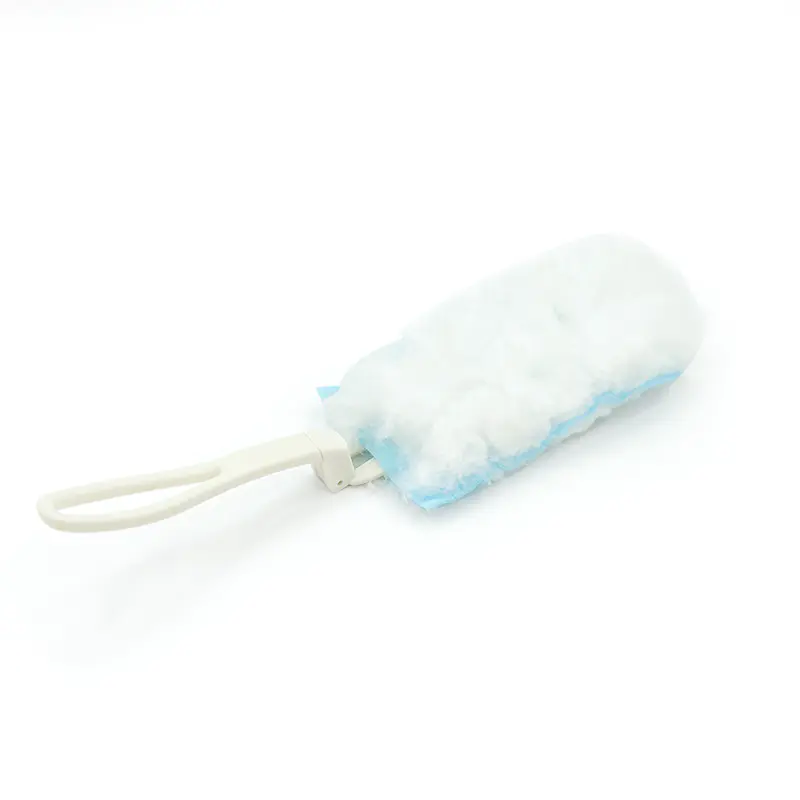The safety and effectiveness of personal care products are crucial considerations for consumers. These attributes are vital not only for user satisfaction but also for ensuring public health.
One of the primary indicators of safety in personal care products is ingredient transparency. Manufacturers are increasingly required to provide comprehensive lists of all ingredients on product labels. This allows consumers to make informed choices, especially those with sensitive skin or allergies. When consumers can readily identify the ingredients, it empowers them to avoid known irritants or allergens, enhancing the overall safety of the product.
The safety of personal care products is significantly influenced by the choice of ingredients. Products formulated with non-toxic, non-irritating, and hypoallergenic ingredients tend to pose fewer risks to users. For instance, many brands now emphasize the use of natural ingredients and exclude harmful substances such as parabens, sulfates, and phthalates. This shift towards safer formulations not only protects users but also aligns with growing consumer demand for cleaner beauty products.
To validate safety, many personal care products undergo clinical testing before reaching the market. These tests assess the product's effects on various skin types and conditions, ensuring it does not cause adverse reactions. Manufacturers often conduct patch tests or controlled studies to evaluate skin irritation, sensitization, and other potential safety concerns. Such rigorous testing protocols help ensure that the products are safe for consumer use.
A significant aspect of safety is the ethical consideration surrounding product testing. Many consumers prefer brands that do not engage in animal testing. Companies are increasingly adopting alternative testing methods, such as in vitro studies and computer modeling, to assess safety without harming animals. This commitment to ethical practices not only enhances brand reputation but also appeals to ethically-minded consumers.
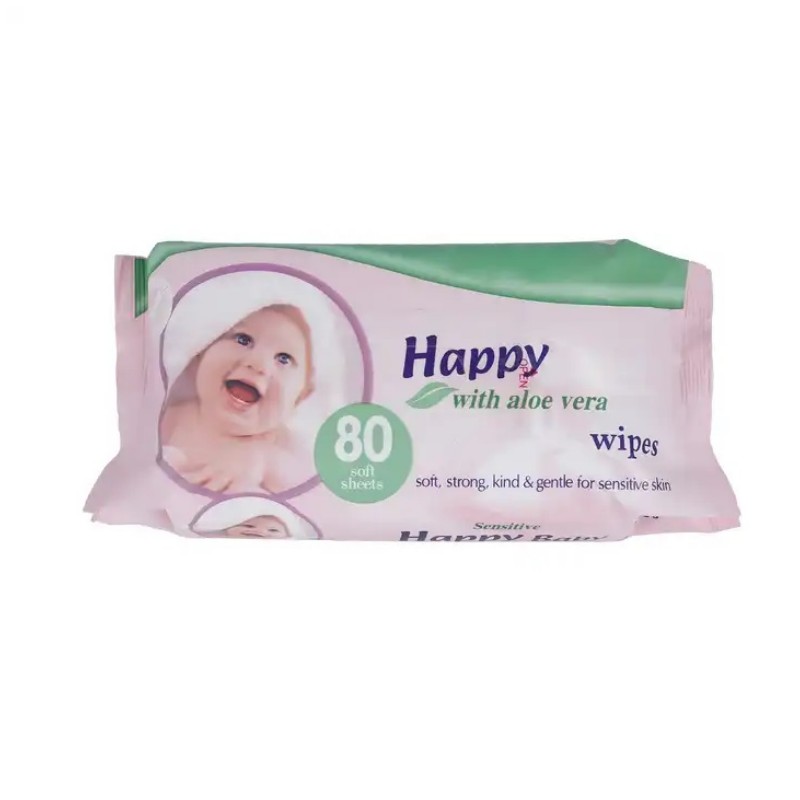
Compliance with local and international regulations is fundamental to the safety of personal care products. Regulatory bodies such as the U.S. Food and Drug Administration (FDA) and the European Union’s cosmetic regulations set stringent standards for product safety. Brands that adhere to these regulations demonstrate their commitment to consumer safety, ensuring that their products meet established safety benchmarks.
Effectiveness is primarily demonstrated through clinical evidence. Many brands invest in clinical trials to substantiate claims about their products, such as moisturizing effects, anti-aging benefits, or acne treatment efficacy. These studies provide scientific backing for the claims made on packaging, giving consumers confidence in the product’s effectiveness. For instance, a moisturizer that has been shown to increase skin hydration levels significantly is more likely to be trusted by consumers.
Consumer feedback plays a vital role in assessing the effectiveness of personal care products. Reviews, ratings, and testimonials offer insights into real-world performance. Positive user experiences often correlate with effective results, while negative reviews can indicate potential issues with effectiveness or safety. Brands that actively seek and respond to consumer feedback can refine their formulations and improve product efficacy.
Effective personal care products come with clear usage instructions, guiding consumers on how to achieve the best results. Proper application techniques, recommended frequency of use, and product combinations can significantly impact effectiveness. When consumers understand how to use a product correctly, they are more likely to experience the intended benefits, reinforcing the product's effectiveness.
Manufacturers that implement rigorous quality control measures ensure that each batch of their products maintains consistent safety and effectiveness. Consistency in formulation means that consumers can expect the same results every time they use the product. This reliability builds trust and enhances brand loyalty.
The safety and effectiveness of personal care products manifest through various factors, including ingredient transparency, clinical testing, ethical practices, regulatory compliance, and consumer feedback. By prioritizing these aspects, manufacturers can enhance product quality and ensure consumer s

 English
English Español
Español


